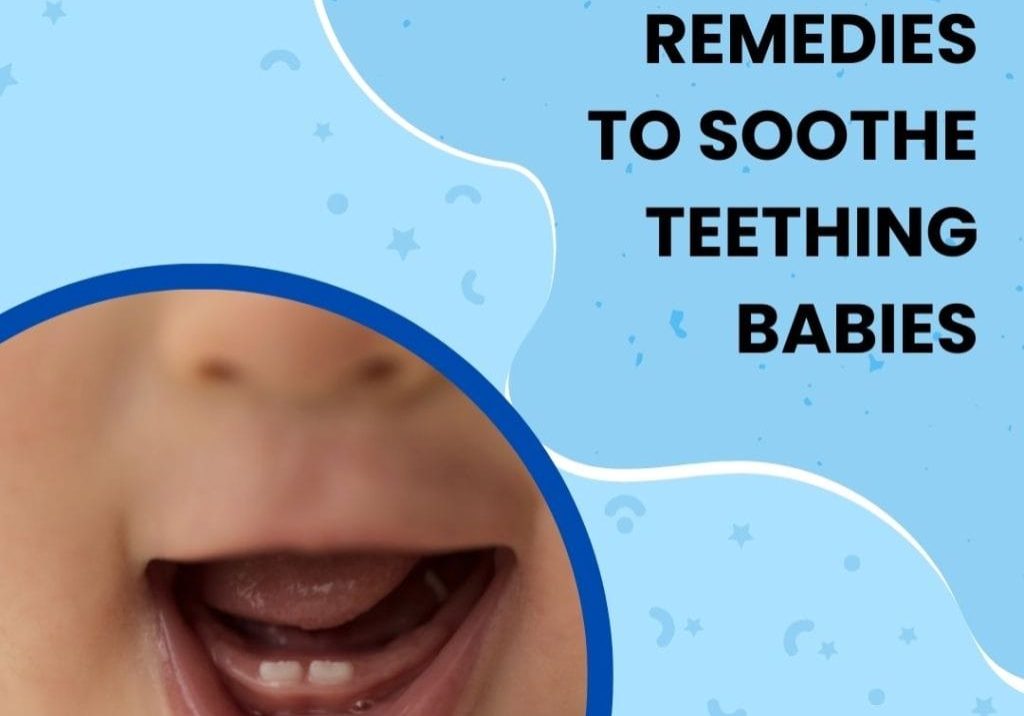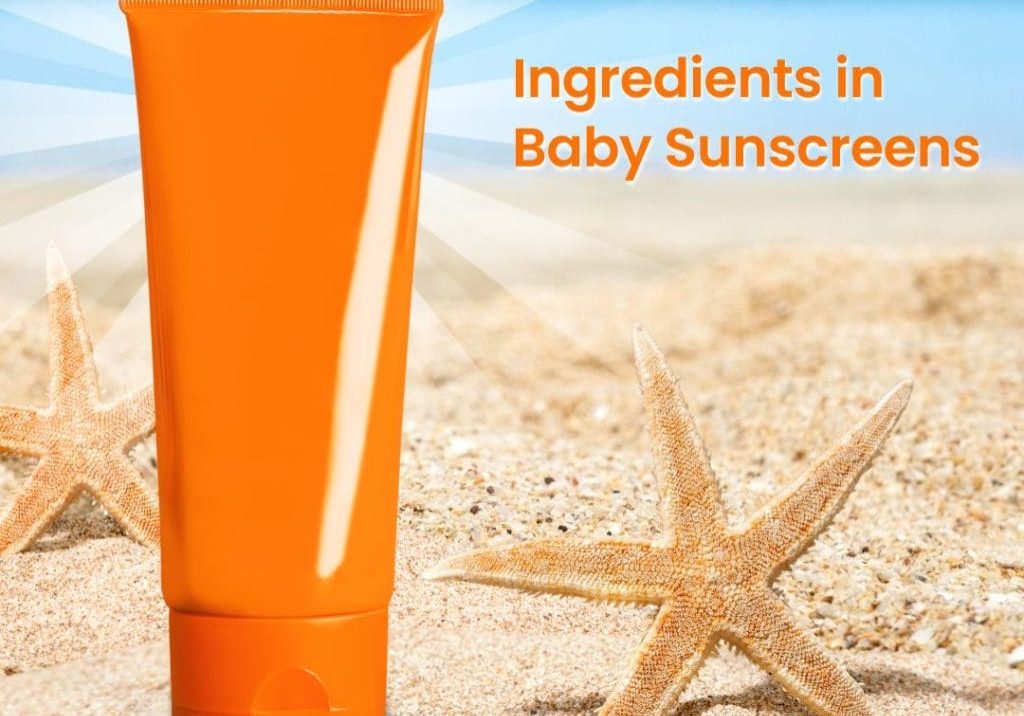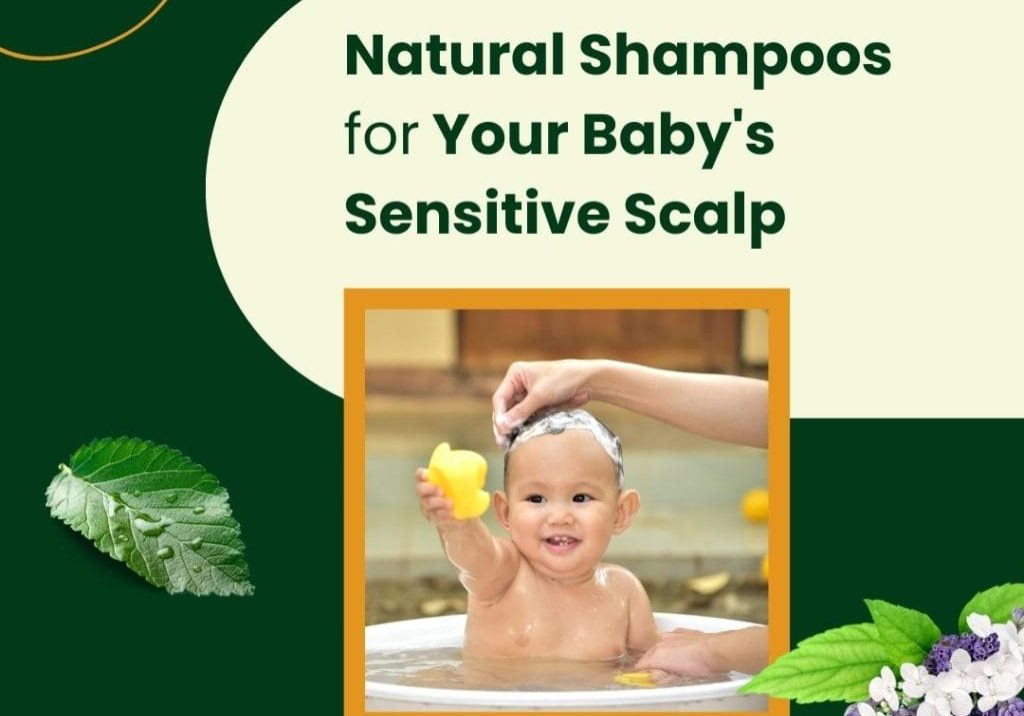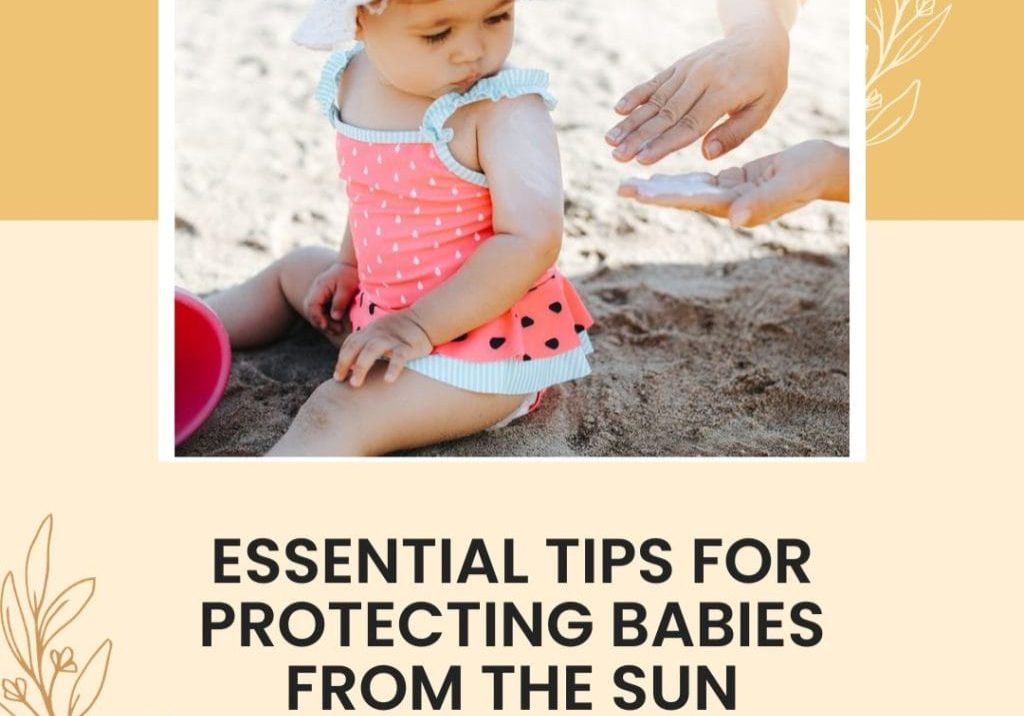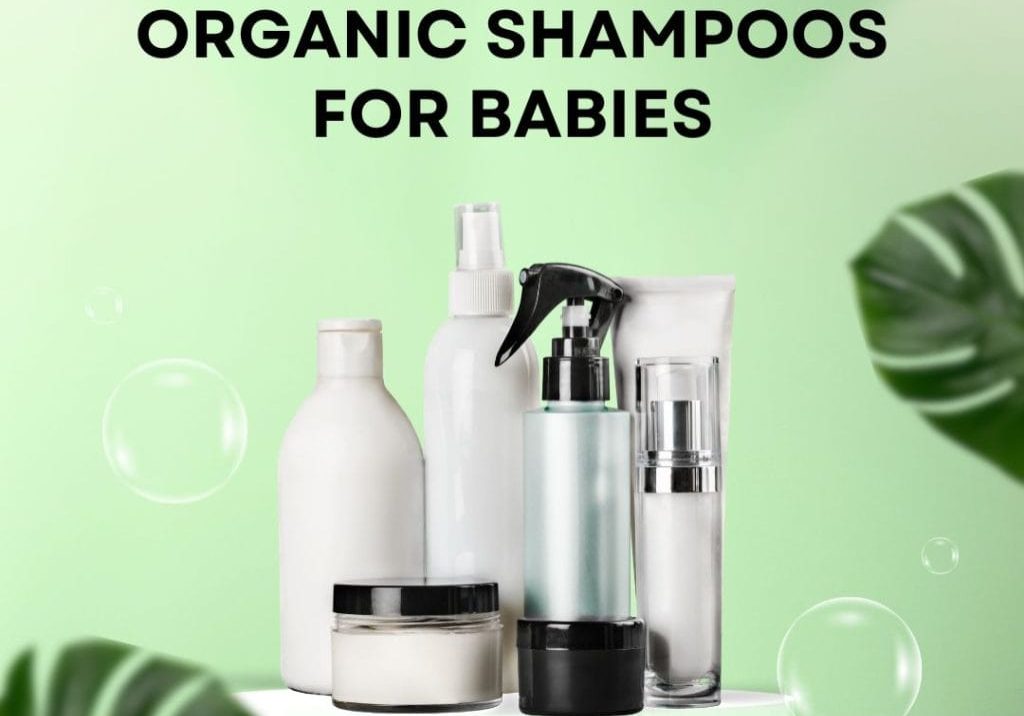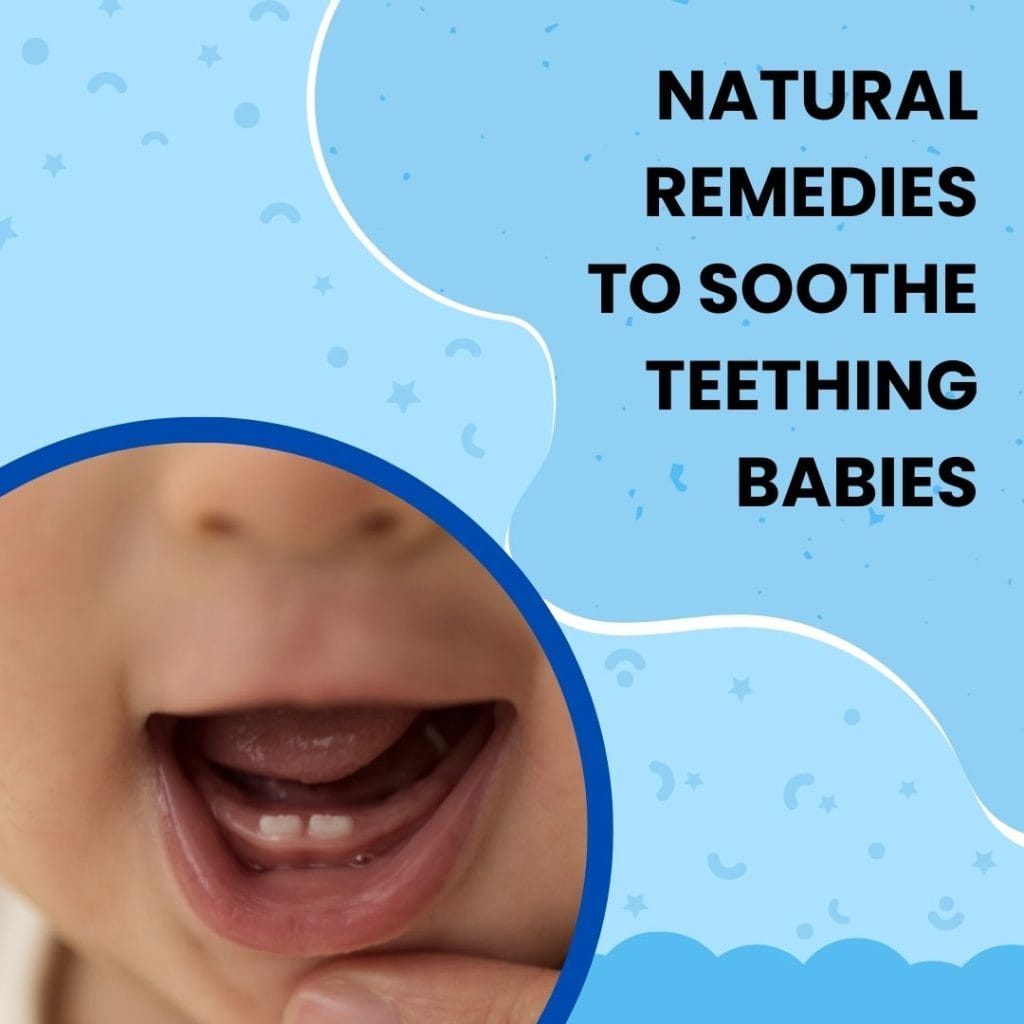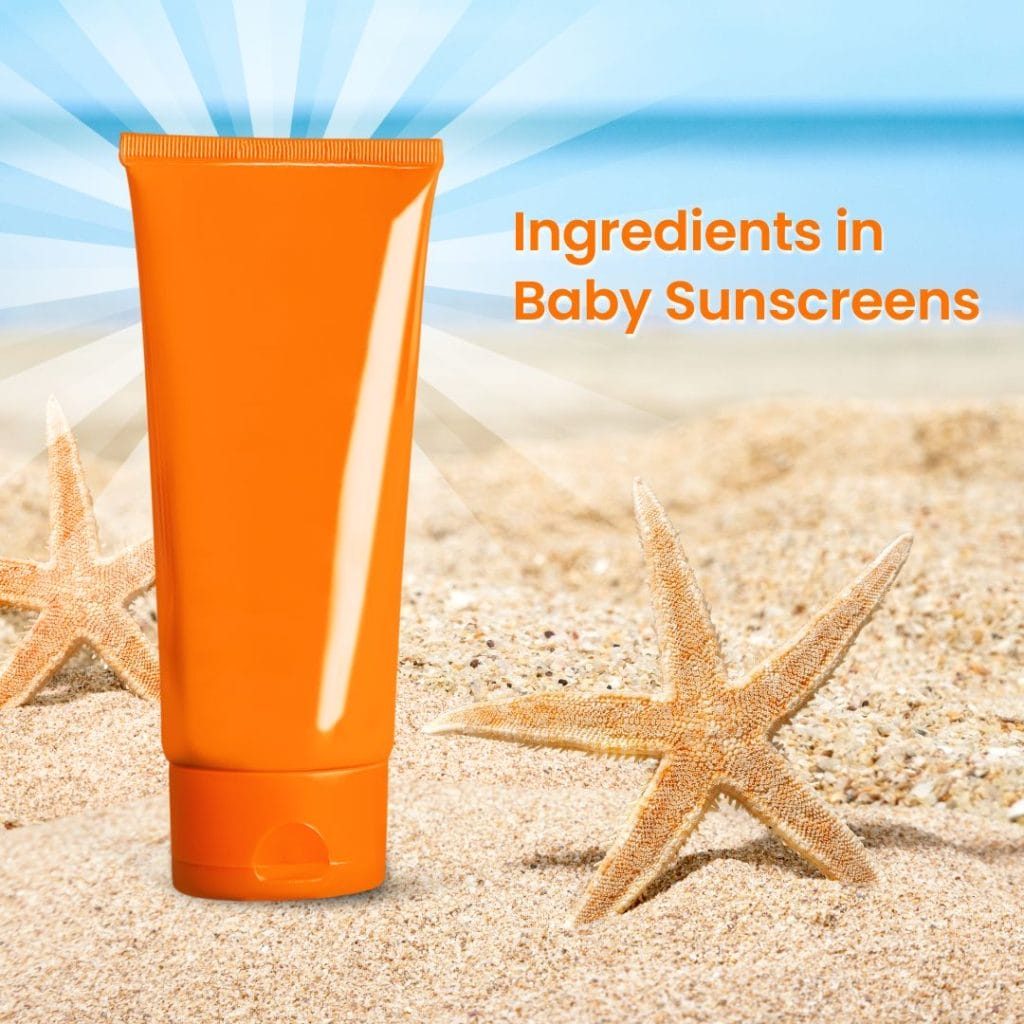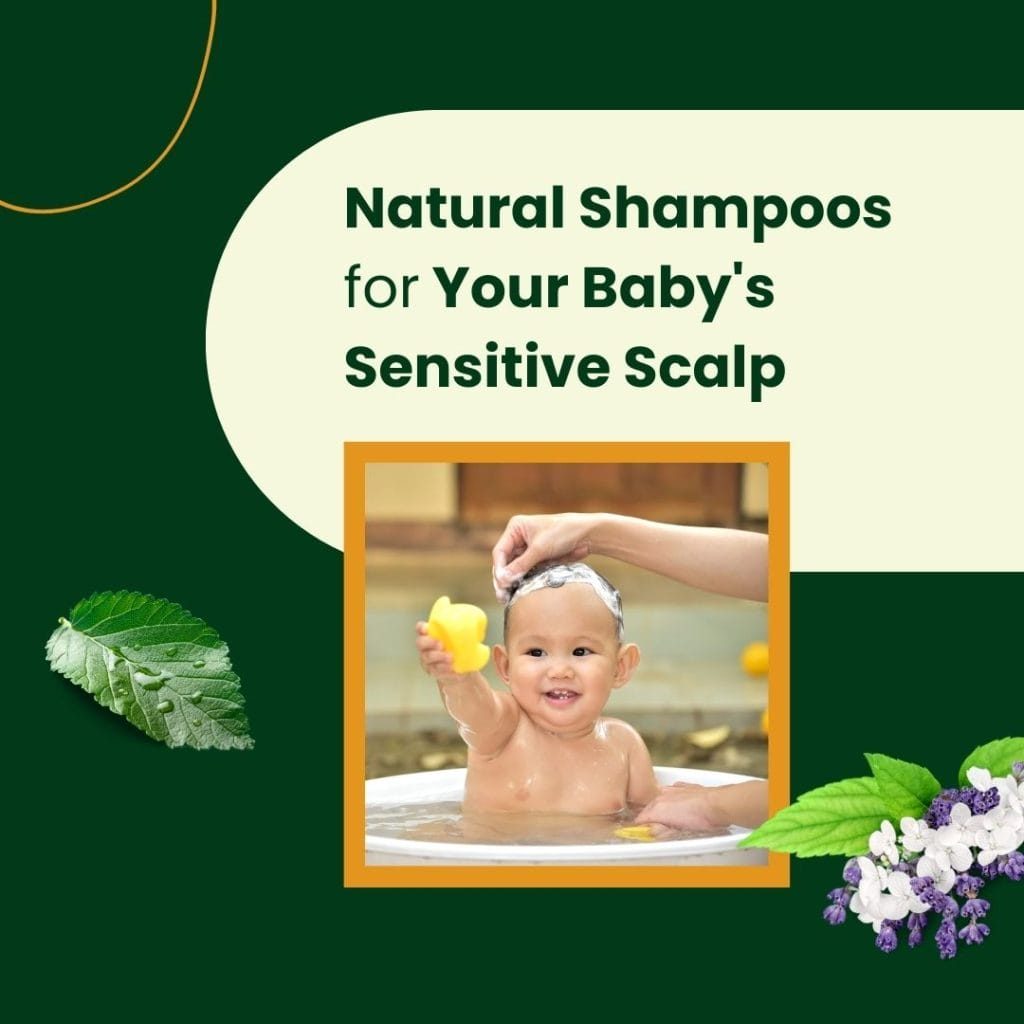Newborn skin is delicate and requires specific care. This guide will help you navigate the nuances of ‘Baby Skin Care’, ensuring your little one’s skin gets the best possible care. We’ll provide essential tips and insights into maintaining the health and softness of your baby’s skin.
Essential Skin Care Tips for Newborns
Now that your newborn is home, you’re getting into the rhythm of a daily routine. Ensuring your baby is comfortably warm and well-fed tops your priority list, with baby skin care being equally vital. The delicate skin of a newborn, much like their immune system, is particularly sensitive. Common newborn rashes may occur, and certain elements in clothing, detergents, and baby products such as chemicals, fragrances, and dyes can cause skin irritation, dryness, chafing, and rashes in newborns. The good news is, there are plenty of protective measures you can take to prevent these skin issues. And the silver lining to your baby’s sensitive skin? Your gentle touch can have a calming, nurturing impact on your newborn, playing a significant role in their development.
Natural Baby Skin Care
Allow Natural Peeling
A newborn baby comes into the world with wrinkly skin and a protective vernix coating, which naturally peels off during the first week. Don’t rush this process or try to treat it with lotions or creams. If your little one was overdue, this peeling would have likely completed while they were still in the womb. The golden rule with newborn skin care is “less is always more.”
Restrict Bath Frequency
Resist the temptation to frequently bathe your baby. Bathing more than thrice a week during the first year can strip away the baby’s natural skin oils, making their skin dry and more prone to allergies and rashes. This can further exacerbate conditions like eczema. Newborns rarely get dirty, except for drooling and diaper changes, so there’s no need for daily baths. A sponge bath twice or thrice a week will suffice for the first month. When the umbilical cord is still attached, it’s best to limit sponge baths to once a week or even less.
Avoid Scented Products
In the early months, avoid using scented baby products. These can irritate your baby’s sensitive skin.
Pre-wash Baby’s Clothes
Ensure you wash your baby’s clothes, bedding, and blankets before using them. It’s preferable to use baby laundry detergents that are free from fragrances and dyes. You can wash baby’s laundry separately or use the same hypoallergenic detergent for the entire family’s laundry.
Newborn Dry Skin: Eczema
Eczema and diaper rash are commonly seen skin issues in newborns, although they typically develop a month or two after birth. Eczema manifests as an itchy, red rash, predominant on the face, scalp, inside of elbows, and behind the knees.
Minimize Soap Usage and Bath Time
To prevent such conditions, it’s advisable to limit soap usage and keep bath time brief. Soaps can strip away natural oils, leading to dry, irritated skin which can trigger eczema.
Limit Scented Skin Products
While baby scented products may be appealing, they can potentially irritate your baby’s skin. It’s best to limit their use.
Use Ointment or Lotion on Dry Skin
If your baby’s skin is dry, applying ointment or lotion can help. However, only apply these products on dry skin areas.
Dress Baby in Soft, Cotton Clothing
Ensuring your baby wears soft clothing, preferably made of cotton, can also play a vital role in preventing skin irritations and eczema. Cotton is gentle on the skin and allows it to breathe.
Consult with a Pediatrician
For persistent or severe cases of eczema, consult with your pediatrician. They may suggest using over-the-counter lotions or prescribe a specific treatment to manage the condition.
Baby Skin Care: Diaper Rash
- Diaper rash is often a result of prolonged exposure to a wet or soiled diaper, or improper drying after a bath.
- Instances of diaper rash can also be due to bacterial or yeast infections, with babies on antibiotics being especially vulnerable due to the drugs enabling fungal growth.
- Regular diaper checks and immediate changes when wet or soiled can help in preventing and treating diaper rash.
- For washing the diaper area, opt for a mild fragrance-free cleanser or plain water. If the rash is severe, use a squirt bottle to avoid rubbing.
- Use a soft clean cloth for cleaning, avoiding baby wipes as they may contain alcohol or perfume which can further irritate and dry the baby’s skin.
- Dry the baby by patting, not rubbing, and ensure the diaper area is entirely air-dried before putting on a fresh diaper.
- Apply a thick layer of protective ointment such as petroleum jelly (Vaseline), Desitin, A&D, or Triple Paste. Avoid using baby powder.
- If the rash doesn’t clear up within two to three days, seek advice from your pediatrician. For diaper rashes caused by eczema or a bacterial or yeast infection, prescription treatment may be necessary.
Newborn Skin Soaks Up Calming Touch
As tender as their skin, newborns are highly receptive to the magic of touch. Incorporating gentle massages into your baby’s skincare routine not only nourishes their skin but also fosters a deeper parent-infant bond, offering an effective calming influence on your little one.
The Power of Touch: Baby Massage
Baby massages are more than just a routine; they’re a profound way to express your love and build a bond with your newborn. Scientific studies underline that touching is not merely comforting for infants; it’s critical for their survival. Hearteningly, touch stimulates hormone production, fortifies the immune system, and aids in fighting off diseases in babies.
A Calm Baby: The Miraculous Benefits of Baby Massage
Massages can work wonders for your baby’s disposition and sleep patterns. Babies who are massaged tend to exhibit a calmer demeanor, sleep more soundly, and fuss less. The tranquillity that massages induce in babies is truly a boon for every parent.
The Technique: Simple and Intimate
The art of massaging a baby doesn’t necessitate any specialized technique. Choose a warm room with a carpeted floor, lay your baby on a soft blanket or fabric, and you’re set to start. Procure a bit of baby oil or a gentle lotion, warm it in your hands, and then delicately massage your baby’s chest and tummy. The key is to use a firm yet gentle touch.
The Tactile Conversation: Connect and Soothe
As you massage your baby, try to maintain eye contact and engage in soft conversation. Sing a lullaby or just talk about your day. This interaction is not just about the physical touch; it’s about building an emotional connection. If your baby fusses during the massage, they might not be ready for it, or perhaps your touch is a tad too strong. Lighten the pressure and observe your baby’s cues.
The Reward: Quality Time Well Spent
More than the massage itself, it’s the quality time spent together that is most valuable. This intimate ritual strengthens your bond, reassures your baby, and cultivates a loving relationship between you and your newborn.
Conclusion
In conclusion, proper baby skin care is crucial for your newborn’s overall health and comfort. From pre-washing baby’s clothes, avoiding perfumed products, to managing conditions like eczema and diaper rash, every detail matters. Incorporating gentle massages can do wonders, not just for their skin but also for their emotional well-being. Remember, the most effective baby skin care is a combination of careful daily routines and immediate attention to any problems. Always consult with a pediatrician for any persistent or severe skin issues.


